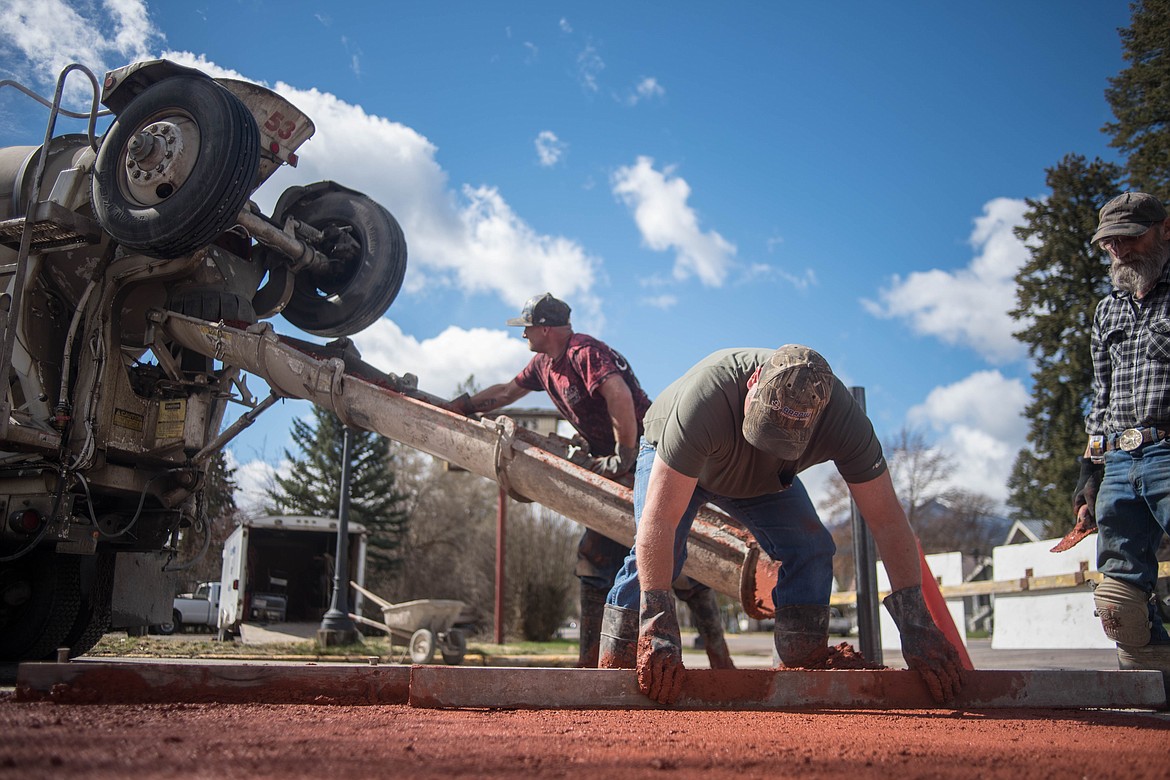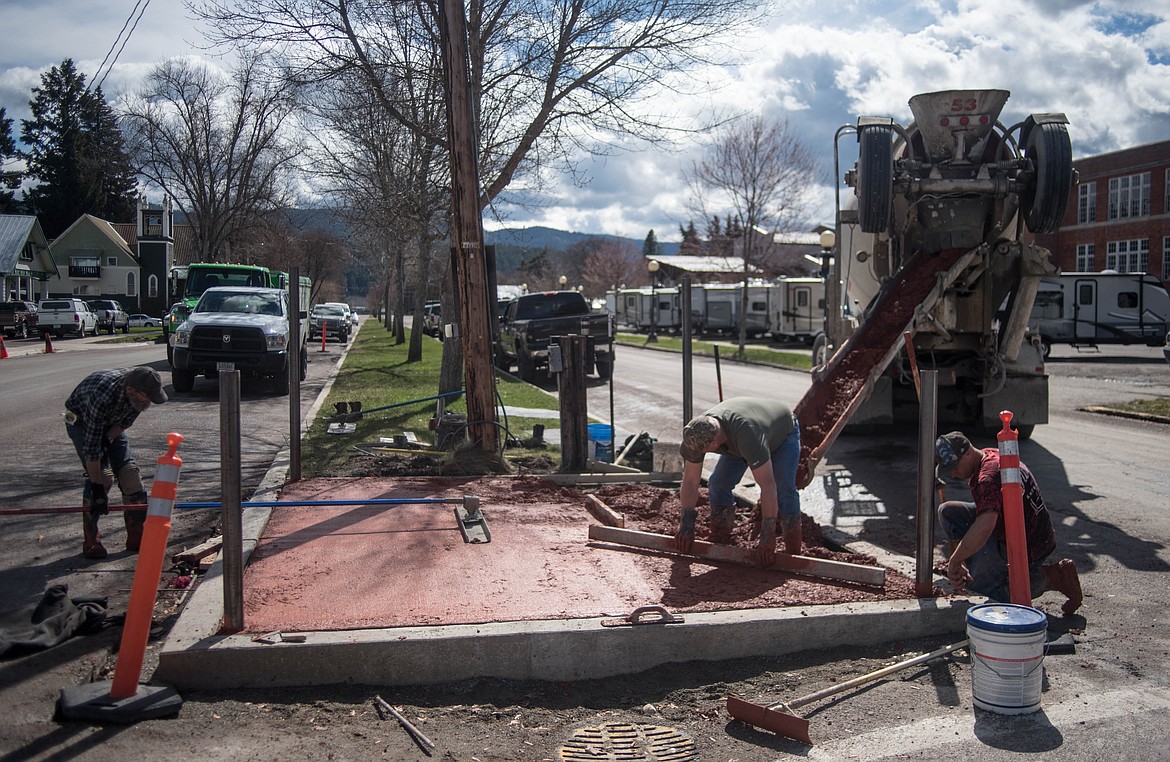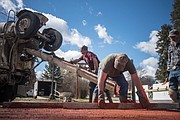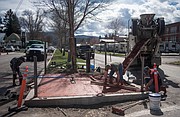Libby Council discusses statue, electric vehicle charging
The Libby City Council discussed helping fund a WWI monument statue and having electric car charging stations, Monday at their regular meeting.
The WWI statue is being refurbished in Post Falls and once installed, will be located on Lincoln Boulevard.
Council member Brian Zimmerman said the statue should be back in place sometime in May.
There will be a flag pole going up with new fencing and posts to hang wreaths, he said. Maybe some lighting and plaques as well.
People have donated almost $7,000 for the statue to the Lincoln County Veteran Memorial Foundation already, he said.
To get everything put together it will cost somewhere between $8,000 and $10,000, he said. Any extra funding will go toward the WWI cemetery.
The city could make a donation of $500 to $1,000 to the cause, given what the statue represents and because it is downtown, he suggested.
The possibility of donating and making it an agenda item is totally up to the council members, he said. “I just wanted to put that out there to you guys.”
The council can decide to do something or not, he said.
Council member Kristin Smith said she would not have a problem with the city entertaining the request for a donation, as long as it is presented in more detail with a cost breakdown.
Smith also talked about the possibility of having charging stations and how the stations could help bring more cars in from the highway.
“We’re not in the Midwest where there’s towns every 10 miles,” she said.
Flathead Electric Cooperative Inc. wants to pursue a grant, she said. It does not sound like it would be much of a cost to the city to get it in.
The cost would be the logistics, she said. Smith will be keeping in contact with Flathead Electric and will be the city’s point person for the project.
Kyla Maki, an Energy Resource Professional with the Montana Department of Environmental Quality, said there is no grant application yet, but there should be one by the end of the year. The DEQ is in the process of developing a grant.
Government entities, such as a city or county, potentially could receive more grant money than private entities applying for the grant.
The state is allowed to fund 100 percent of the cost, she said. More funding details will be outlined when the grant application is released.







